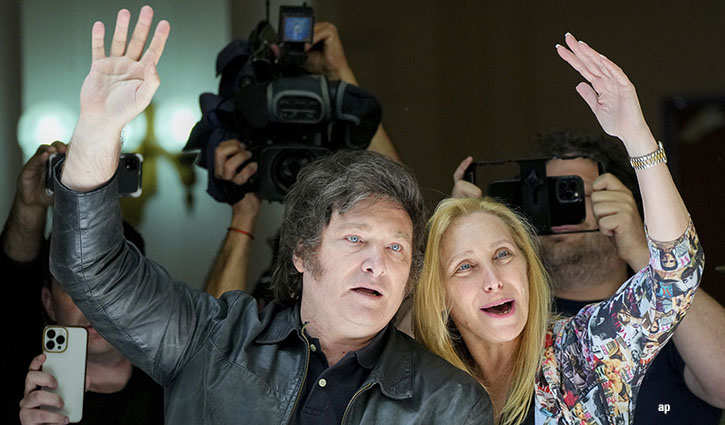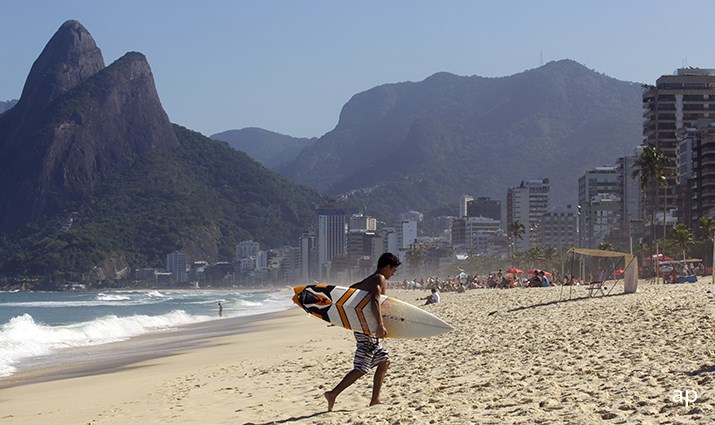Even if the uncertainty of the election has passed the big question now is how Lula will tackle the country’s problems. On one hand there are the illusions of the millions of people who voted for him - more than 100 million Brazilians are living on less than two dollars per day - and on the other hand there is the financial community and, in particular, the International Monetary Fund (IMF).
Kenneth Rogoff, the chi
ef economist of the IMF, has already insisted on the need for a strong economic team to reduce Brazil’s large public debt burden - now around $250 billion (£160 billion) - and to obtain a primary budget surplus (before interest payments). Brazil will only receive access to the rest of the IMF’s promised loan when it reaches a budget surplus.
Moving forward
The task will not be easy. First, Lula will have to reduce interest rates without excessively damaging the Brazilian real. In the last three weeks the country’s central bank raised its interest rates to 21% from 18% to prevent a massive flight of capital.
Second, he will have to convince the financial community of the viability of his economic plan. If he succeeds the real will recover part of the tremendous losses of more than 40% that it has suffered since the beginning of the year. Also the risk associated with investing in the country will be reduced.
Currently the spread - the difference in yields, what is also known as country risk, between Brazilian government bonds and US Treasury bonds is trading at around 18%.
It is also important to mention that despite his victory Lula will still need to negotiate alliances with centrist parties to obtain a majority in Congress, something that could complicate the political situation.
What happens in Brazil depends not only on what Lula will or will not do but also on the state of the world economy. A recent Wall Street Journal article mentioned that some external circumstances, such as investors’ risk aversion or the impact of the general economic slowdown on exports, could force the country to default on its debts.
Market perspectives
It is difficult to gauge how much the markets have discounted the risks in Brazil and their possible impact on the rest of the emerging markets. It is clear that external as well as internal factors will influence the evolution of the situation in the near term.
But sentiment is not very positive. European fund managers said Latin America is likely to be the worst performing market over the next year according to the latest Morningstar European fund trends survey.



























